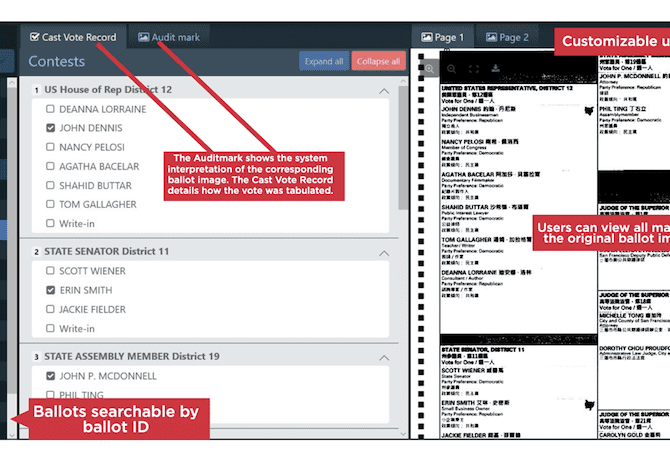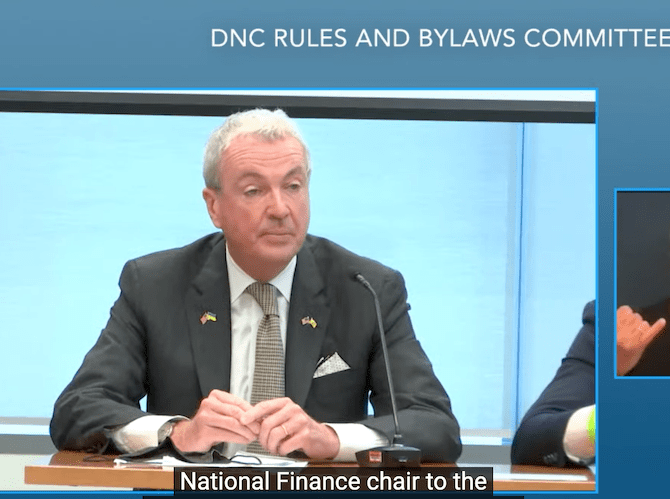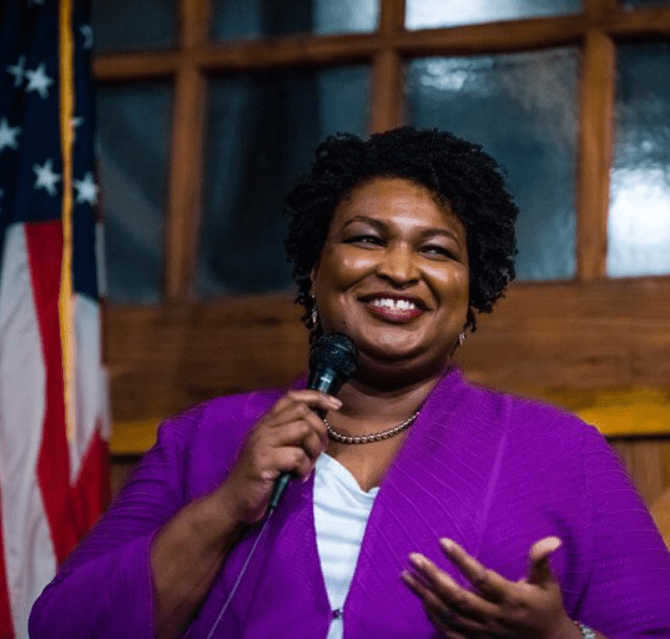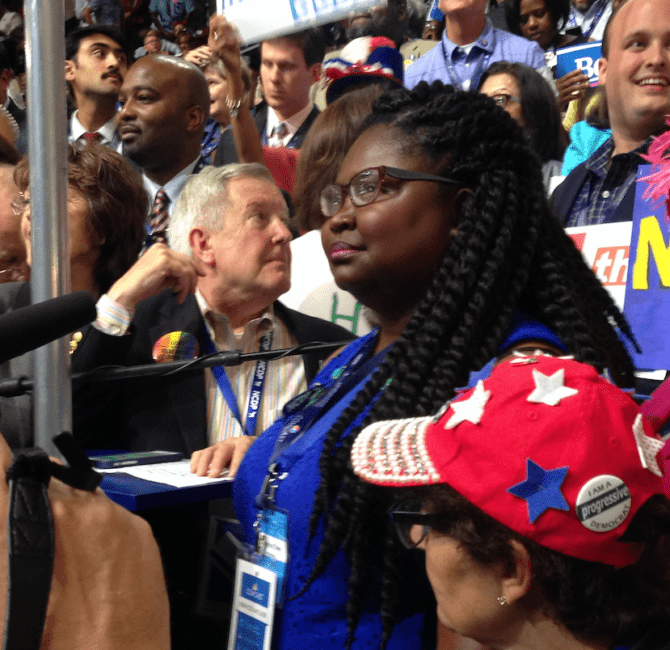Supreme Court Decides to Let Political Extremists Run Wild in Key Election Case
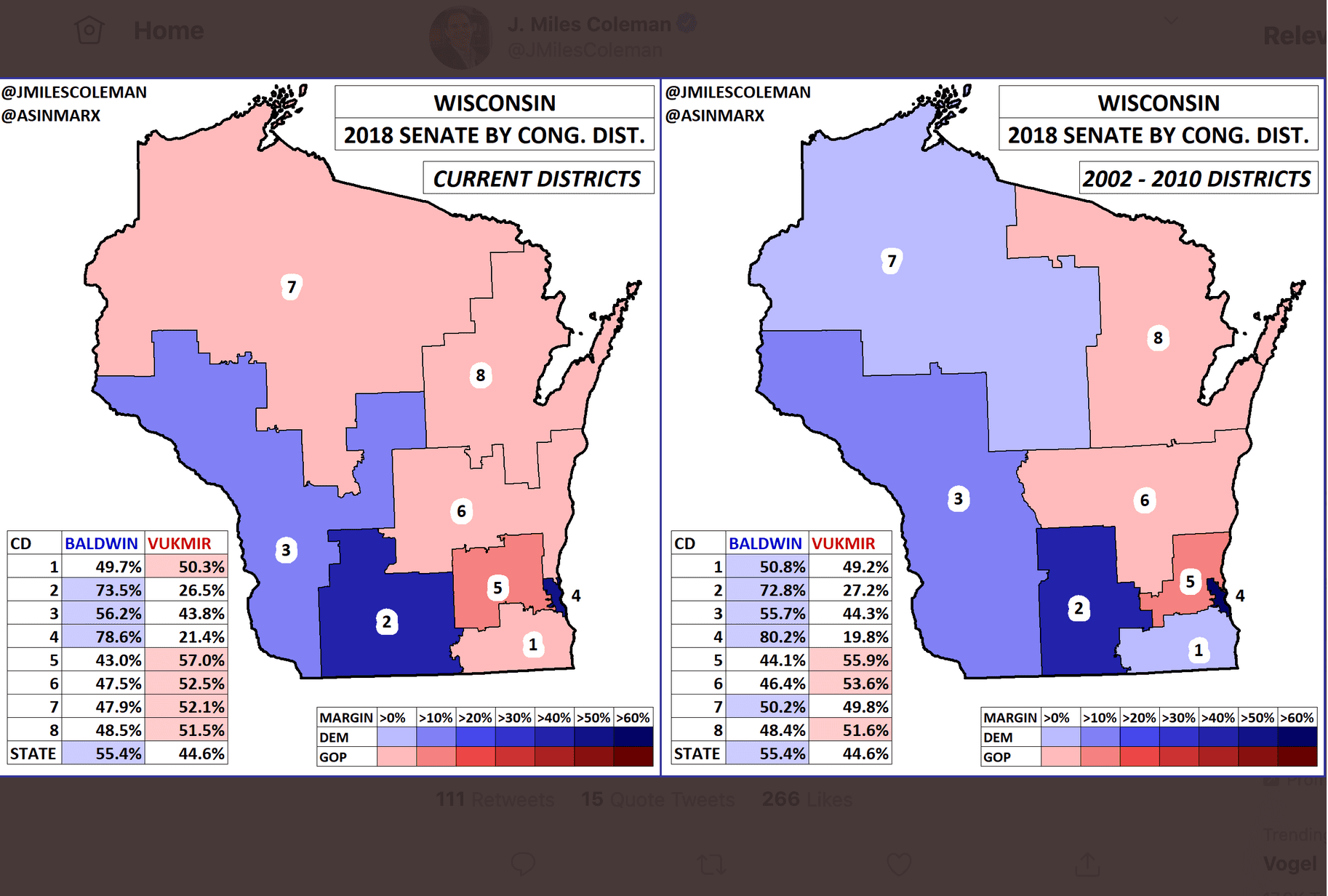
(Image / twitter.com/JMilesColeman)
The U.S. Supreme Court on Monday all-but dismissed one of the most-watched election law cases in recent years, saying those in Wisconsin filing a lawsuit that sought to show how extreme partisan gerrymandering was anti-democratic had no basis to sue.
It also took no action on a second partisan gerrymandering case from Maryland.
“The Court has not found that this presents an individual and personal injury of the kind required for Article III standing,” the majority said in the Wisconsin case, sending it back to a lower court. “A citizen’s interest in the overall composition of the legislature is embodied in his right to vote for his representative. The harm asserted by the plaintiffs in this case is best understood as arising from a burden on their own votes.”
The Court’s narrow reading of the issue of extreme partisan gerrymandering was not surprising. In a 2017 ruling on race-based gerrymandering, which is illegal, the Court’s conservatives said that extreme partisan behavior was an inherent part of politics and should not be regulated.
The Wisconsin case sought to show how the state’s GOP-led legislature in 2011 segregated each party’s reliable voters by party to draw legislative districts after the 2010 Census to create a red super-majority. In the Maryland case, those suing said a Democratic-led legislature had overreached to erase a GOP-held House seat.
The Wisconsin suit was the most carefully watched of the two gerrymandering cases, because it involved statewide jockeying of political districts, as opposed to a single congressional seat. It was also the platform for advanced analysis that showed how the use of technology was able to tilt the electoral playing field to game political advantage based on voter turnout patterns.
The decision will reverberate on many political and cultural levels. Seen from a partisan standpoint, the Court is saying that the plaintiffs’ efforts to demonstrate that Wisconsin’s Republican mapmakers were able create a structural head start in the likely popular vote was fair game—even if it led to one-party rule for most of this decade. Beyond the technicalities of how the GOP nullified their opposition’s ability to win in typical election cycles (2018 is not a typical year), the Court’s majority is saying that rebalancing elections to create greater equality among voters is not a constitutional priority.
Going deeper, the Court’s action is likely to signal that ruling parties in supermajority state legislatures are free to tinker with the rules of voting and elections as they see fit—to preserve their power. (Wisconsin was one of more than a dozen red states that drew extreme gerrymandered maps after the 2010 census, leading to super majorities in their state legislatures and House delegations. Those ultra-red majorities then passed many of this decade’s voter suppression, anti-union, anti-abortion, anti-LGBT and anti-safety net laws.
While there is a tendency among the judiciary to keep a certain distance from the political process—as a co-equal branch of government and separation of powers—the fact remains that the Court is not seeking to rebalance the most glaring anti-democratic features in the fundamentals that shape the electoral process.
On a cultural level, the Court is signaling that American democracy will remain a deeply uneven system, where governing classes can advantage themselves and take steps to undermine the participation and power of their opponents or under-represented constituencies.
Inequality in elections is going to remain a formidable obstacle. Only last week, in purple North Carolina, did the Republican-led legislature propose a new series of election rules that would disadvantage a key Democratic voting block—African Americans who voted on the weekend before the Tuesday general election. The state’s GOP proposed, among several measures, to eliminate the early voting option used by 200,000 citizens in 2016.
That move came despite a federal appeals court in 2016 rejecting an earlier slate of anti-participatory election reforms, saying those measures targeted the state’s black voters “with almost surgical precision.” But now, with the Supreme Court not acting on the partisan gerrymandering cases, the political process will be freer to revert to more aggressive tactics to advantage one side—where partisan power apparently carries more constitutional weight than equality among the electorate.
Also Available on: www.alternet.org



